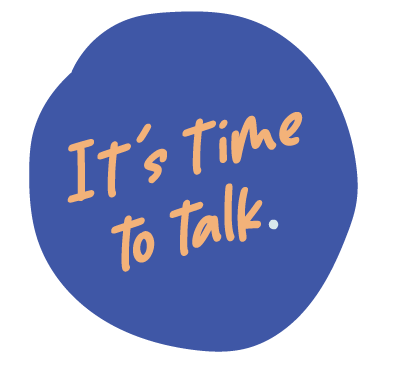Healthy Relationships and Disability
Healthy relationships when living with a disability
As for everyone, healthy relationships are important for people living with disability. Having a physical or intellectual disability doesn’t change your needs for a loving relationship with another person or your desire to express it.
When people living with disability form intimate relationships, they often experience cultural stereotypes and prejudices that can be hurtful and damaging. People living with disabilities are sometimes expected to be “with their own kind”. If they have intimate relationships with unimpaired people, they sometimes face assumptions about the “real” reasons for the relationship – such as dependency. People with intellectual disabilities may even be thought of as incapable of being able to understand and have a romantic, sexual and fulfilling relationship with a partner.
None of this is true. Love is love and people living with disabilities have the same desires as everyone else. Relationships may be a little more complex for people living with disabilities but they can be just as amazing.
See the Easterseals website for Stories of love and dating, sex and intimacy by people living with disability
‘Love is in the air’ - The Dateables is a short documentary on love, sexuality and dating, as experienced by those on the spectrum of intellectual disability
See training for people with an intellectual disability or a cognitive impairment on healthy and respectful relationships
Sexual activity and disability
A disability might affect your physical ability to engage in sexual activity or affect your confidence and make you uncertain about having sex. Lots of people – with or without a disability – can feel anxious about sex and sexual performance. These are natural feelings.
Your disability may mean that you have to approach sexual activity differently or that you look for pleasure differently. Take things slow and easy, especially at first. Sex doesn’t have to be physically active. Work out what gives you pleasure, as well as what pleases your partner.
You may also have questions and concerns relating to your physical or emotional health. You should discuss these with your doctor or counsellor/psychologist.
Remember that intimacy in a relationship is more emotional than physical:
Adapted from the Better Health Victoria website










